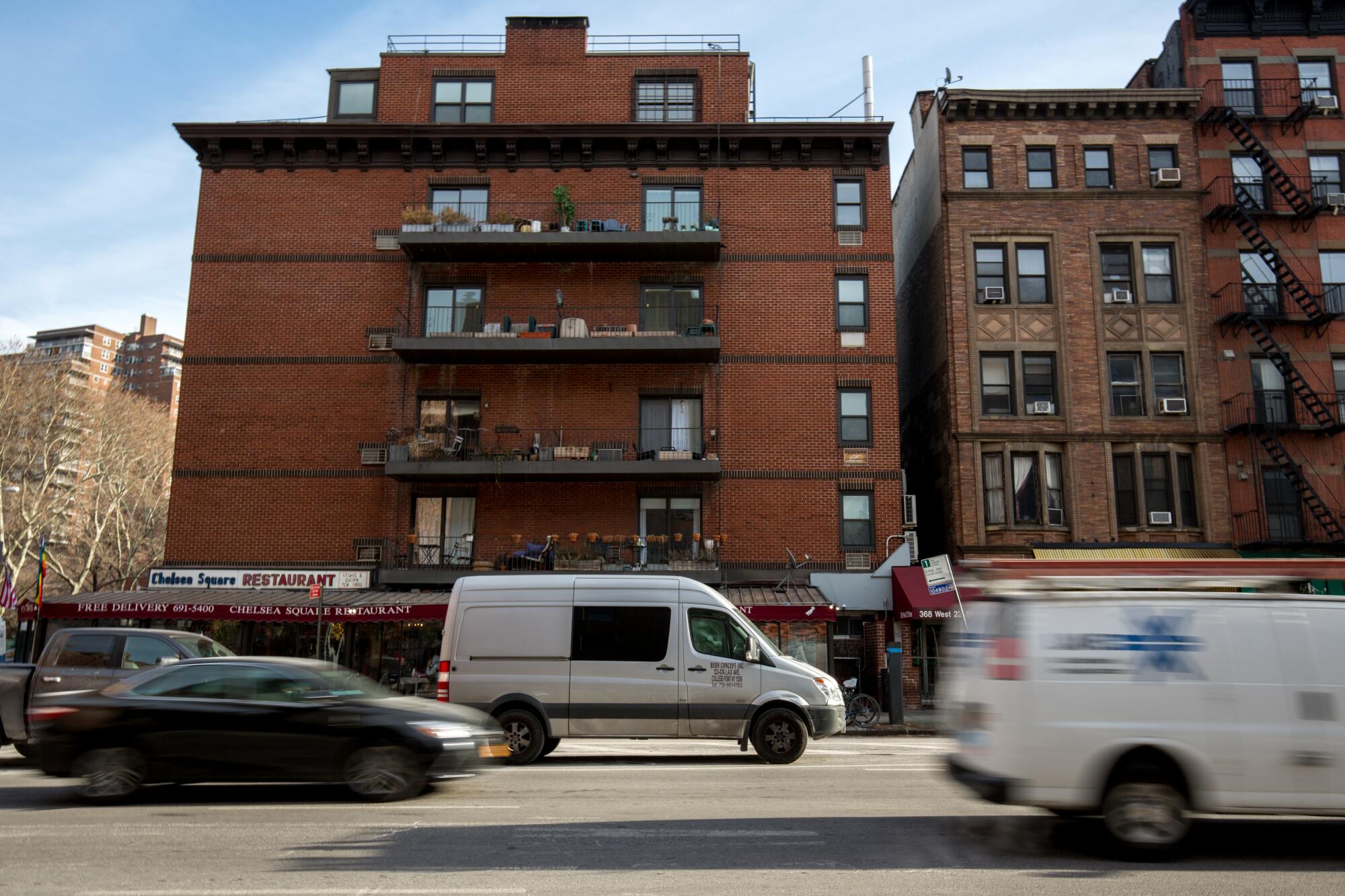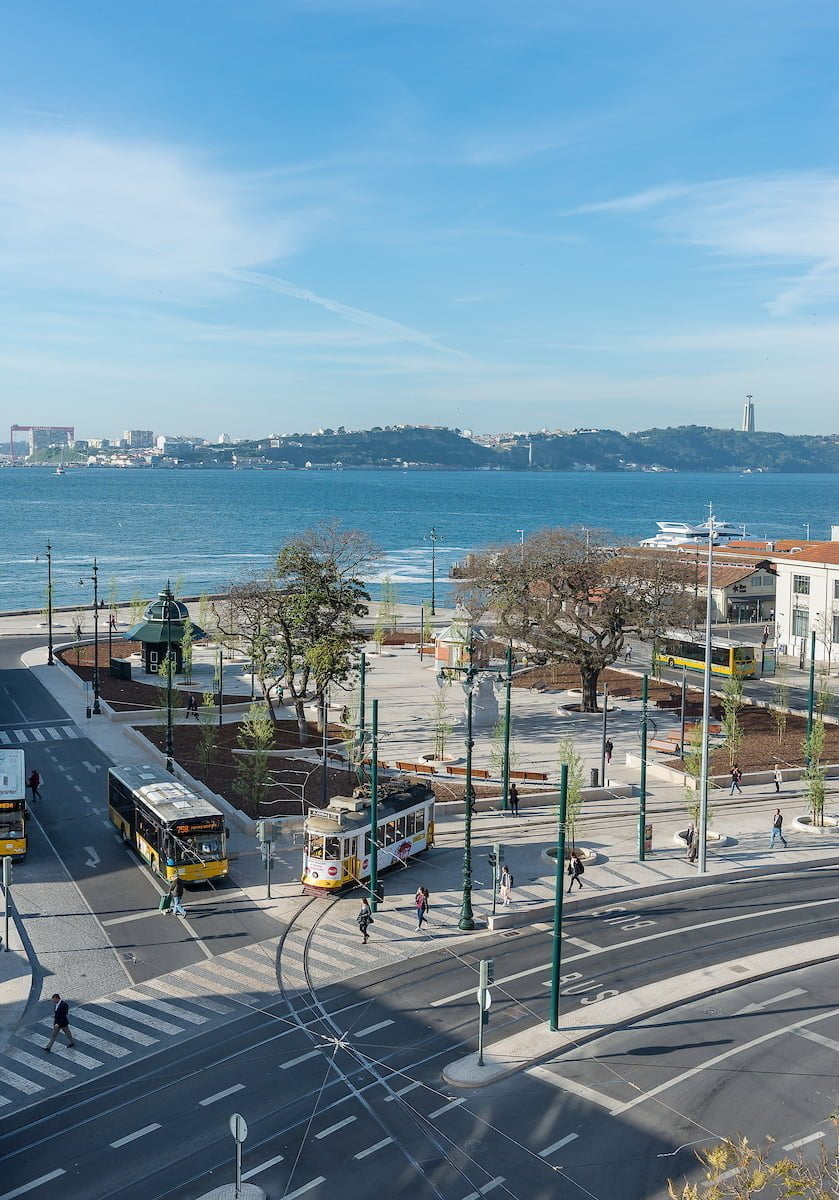Cities ask for at least half of new vans to be zero-emission in 2030
POLIS has joined a consortium of cities and environmental NGO Transport & Environment calling on the European Commission to prioritise zero-emission vans in the upcoming revisions of the CO2 standards Regulation and the Alternative Fuel Infrastructure Directive (AFID).
Logistics are a core - and rapidly expanding - part of the transport sector. However, emissions produced by vans remain a concerning source of urban air and climate pollution, representing 14% of NOx emissions from vehicles in cities. In 2020 only 2% of new vans were electric.
Yet, despite being the fastest-growing source of CO2 emitted from road transport, vans are frequently exempt from safety and environmental policies, such as driving regulations or tolls.
In an open letter to Vice-President of the European Commission, Frans Timmermans and other commissioners, the cities confront this issue, calling for the inclusion of a series of measures as part of the revision of the CO2 standard regulation for vans and the AFID which will help accelerate the shifts towards cleaner, greener logistics.
They seek an EU-wide phase-out date for internal combustion vans in order to ensure all new vans are zero-emission by 2035 at the latest, with at least 50% of new vans sold being electric in 2030.
To support the shift to electric vehicles, the EU is advised to hasten deployment of charging facilities in city centres, depots and distributions hubs, as well as set binding national targets for such infrastructure and find an effective legislative solution for data exchange on zero- and low-emission zones.
At the same time, signatories caution against incentives for plug-in hybrid electric vans (PHEVs)- where discrepancy has been found between lab and real-world emissions in passenger cars.
Amongst the signatories are POLIS members, Rotterdam, Lisbon, Paris, Amsterdam and Gothenburg, all of whom have been implementing active measures towards the decarbonisation of urban freight, working with one another, and POLIS’ urban Freight Working Group to establish effective solutions for sustainable logistics.
Read the full letter here.





